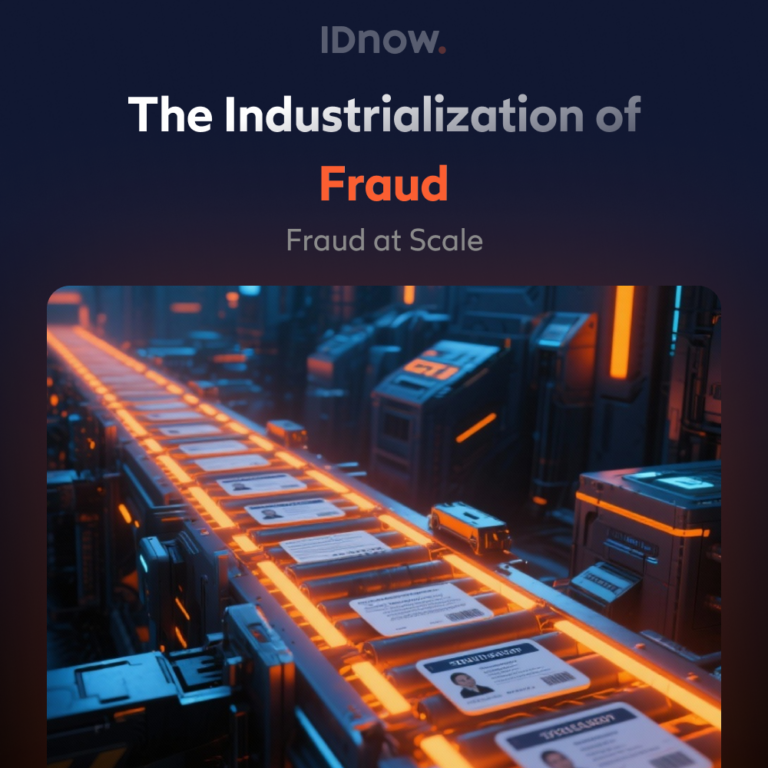After conducting Customer Due Diligence (CDD), if a potential customer's risk profile is considered high, then an organization should carry out Enhanced Due Diligence (EDD) as a protective measure against financial crime, such as money laundering or terrorist financing.
What is EDD
EDD refers to an advanced KYC due diligence process that organizations undertake when they require further risk investigation, and a higher identity assurance. Whereas CDD may be automated, EDD is typically a manual process. EDD procedures are also triggered when dealing with high-risk individuals, and high transactional amounts.
What is the difference between CDD and EDD?
The purpose of CDD is to collect data to verify a potential customer's identity and measure their risk. EDD is a risk-based approach that is carried out on customers who are deemed high risk, such as individuals considered more likely to conduct money laundering and terrorist financing activities.
Enhanced Due Diligence Checklist
Although there is no official EDD checklist to follow, there is a recommended list of procedures:
Risk-based approach - An essential part of AML compliance is to evaluate a potential customer's risk level.
Analyze Origin and Ultimate Useful Ownership of funds - Check the source and legitimacy of the customer's wealth to ensure the value of financial and non-financial assets is related to real assets.
Gather additional documentation - Take further steps to verify a customer's identity by collecting more than one document that shows their name, address and date of birth.
Ongoing Transaction Monitoring - Check the customer's transaction history, paying extra attention to processing times and interested parties.
Analyze adverse media - Build a full profile of the customer's reputation by researching relevant press articles. Any negative results may indicate that the customer is too risky to do business with.
On-site visit - As well as verifying that the physical address matches the given address, conducting an on-site visit is a way of collecting documents that cannot be gathered or verified digitally.
When is EDD conducted?
When should you conduct EDD? Whenever a potential customer is deemed high risk, which includes:
- If considered a Politically Exposed Person (PEPs)
- If considered a Special Interest Person (SIPs) and involved in financial crime in the past
- Customers with sanctions against them
- Customers who feature in adverse media
- Customers with a high net worth
- Customers involved in unusual transactions



